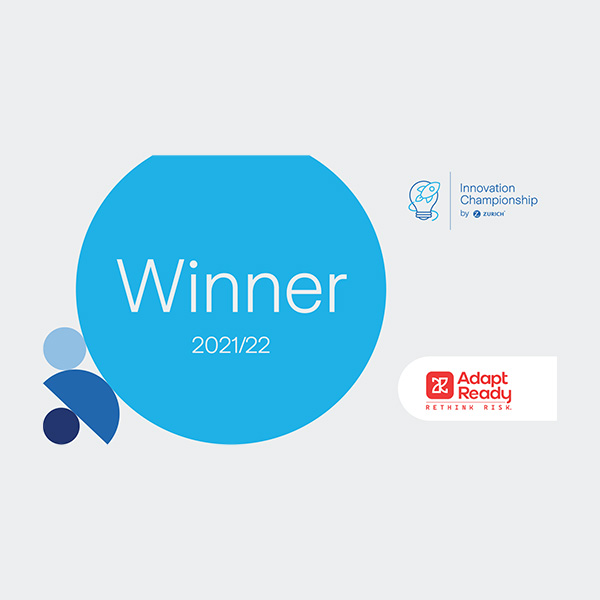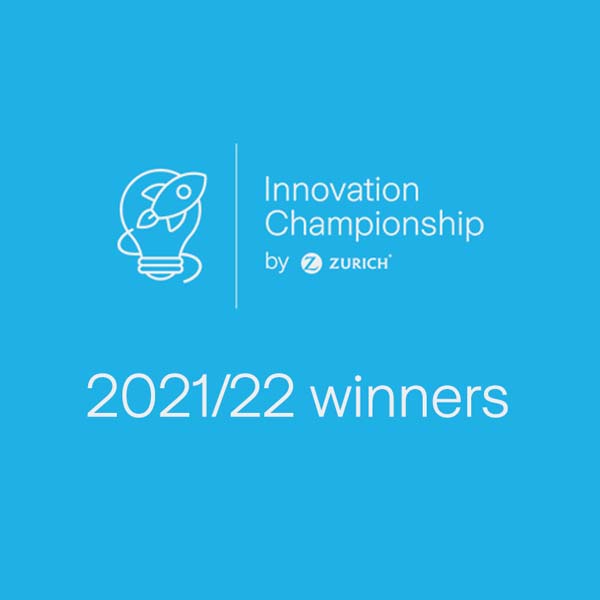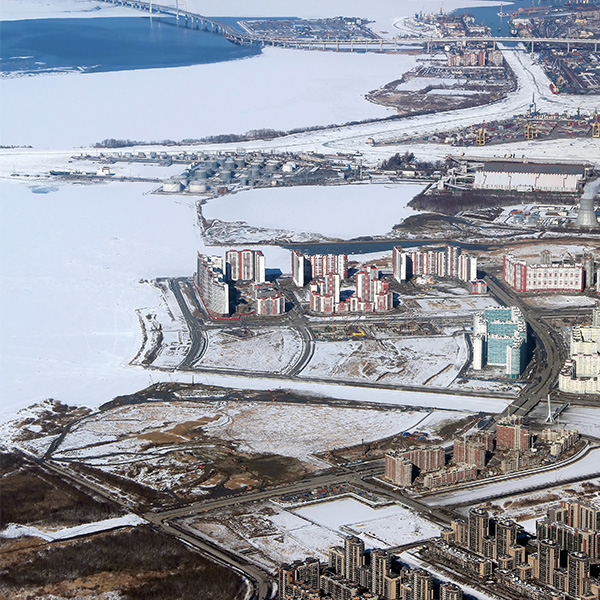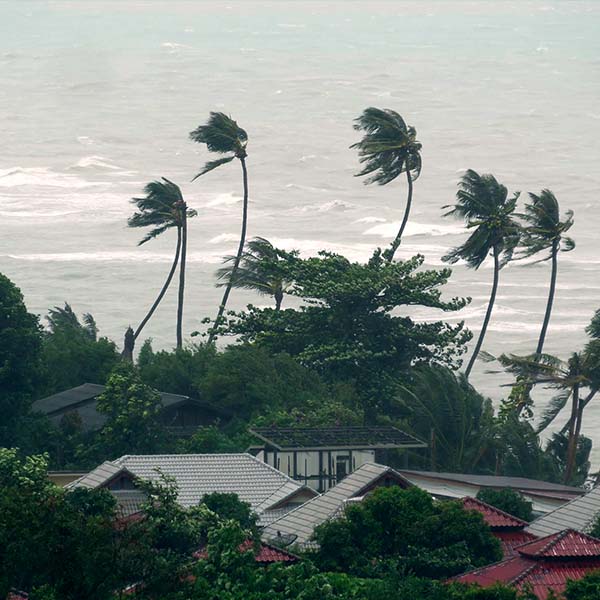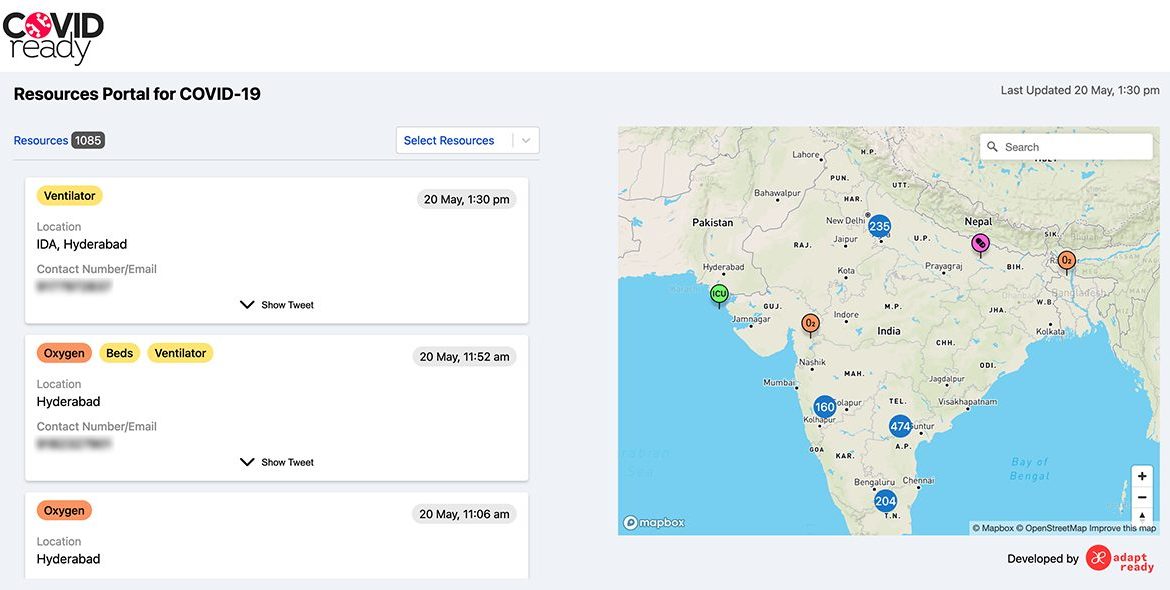As 2023 drew to an end, we closed the book on a year characterised by global turbulence and disruption. 2023 currently holds the unhappy accolade of being the most expensive year on record for climate change and weather-related disasters, exceeding the previous record set in 2020. Overall global economic losses for natural catastrophes total $110bn, and insured losses were estimated at $43bn at the halfway point of the year, with estimates from Munich Re suggesting these could have topped $300bn.
Major events this year have included a devastating earthquake in Turkey and Syria, the ongoing Russia / Ukraine war and fresh conflict in Israel and Palestine, Hurricanes Otis and Idalia, Storm Daniel and Typhoon Doksuri. These events have caused significant and lasting economic repercussions beyond borders.
It would be tempting to think that the fallout of man-made events and natural catastrophes only impacts those businesses and individuals in their immediate vicinity, but in reality, our increasingly interconnected world makes it inevitable that if an earthquake strikes in one country, its aftershocks will reverberate around the world.
We recently launched our annual Event & Disaster Report, which highlights how the interconnected nature of our world is creating a ‘new normal’ for the mitigation and management of global supply chain and energy risks.
The report details the far-reaching consequences of some of the costliest disasters that hit the world in 2023 and gives us insight into the true economic cost of these events.
Russian invasion of Ukraine ($151.2bn)
The conflict, which has been ongoing since the invasion of Ukraine in February 2022 has cost $151.2bn as of November 2023 and directly impacted 1,045 companies in the region. Tellingly, we also believe 1,468 companies across continental Europe have been indirectly impacted by the conflict.
Supply chains around the world have been significantly impacted by this war, particularly those relating to palladium and semiconductor-grade nickel, critical resources for the automotive and electronics industries.
Over a third of the world’s palladium comes from Russia, the conflict has caused prices to soar, and stoppages and delays in the supply of the metal to major manufacturers such as Toyota, General Motors and Volkswagen. Russia is also the second-biggest supplier of semiconductor-grade nickel and disruption forced Apple, Samsung and Sony to reduce production of electronic devices.
Hurricane Idalia ($10bn)
When Hurricane Idalia ripped through parts of the Southeastern United States in August, it had an enormous impact on the energy sector. Chevron, the third-largest producer of oil in the US Gulf withdrew staff from three of its platforms in the area, the resulting disruption in crude oil supply affected ExxonMobil, Shell, BP, Valero and Marathon Petroleum.
Turkey and Syria earthquake ($163.6bn)
The 7.8Mw earthquake that struck Turkey and Syria in February was the deadliest in the country’s history claiming over 50,000 lives. The devastating event cost $163.6bn and destroyed a significant proportion of the country’s infrastructure including 446 bridges, 1,275km of railway lines, the Iskenderun Port, a hub for transit automobile trade was forced to close for three months leading to significant losses for automotive companies.
Canadian Wildfire – Northwest territories ($770mn)
Canada has experienced an unprecedented year for wildfires, with one fire historian likening the widespread event to the ice age, but instead of a creeping drop in temperature, Canadians are living through what he calls the “pyrocene”.
The country experienced a significant drop in oil and gas output as the flames forced the sutdown of several gas production plants. This has led to an increase in prices from $1.96 to $2.54/MMBtu, the impact of which has been felt predominantly across North America.
Typhoon Doksuri ($15.7bn)
Typhoon Doksuri, which swept across the Philippines, Taiwan, China and Vietnam in the Summer is likely to have continuing repercussions around the world. The region is a major producer of semiconductors which are used in most electronic devices, companies likely to have been impacted by this event include Huawei and the Alibaba Group.
This is a just a very small sample of the vast and connected effects of the events of 2023 on the global supply chain and energy sectors but serves as a reminder to risk managers and underwriters that they need to be in the loop on all major events and be aware of the potential consequences for their own businesses.
Our stats highlight the massive ripple effects of these events, it’s clear that natural catastrophes and man-made disasters on this scale should be a concern for risk managers wherever they’re located. They need to have the data and tools to anticipate, monitor and mitigate these effects in order to grow and remain resilient. We can provide those tools. Adapt Ready’s highly sophisticated risk intelligence platform aggregates trillions of data points from open and closed sources using our own proprietary correlation engine. The deep global insights we can provide allow underwriters, brokers and risk managers to answer complex questions about the global supply chain, optimise risk selection and pricing and solve accumulation and reinsurance issues in their portfolios.




